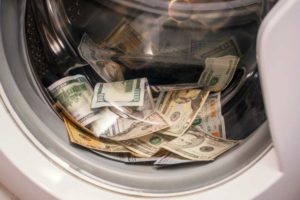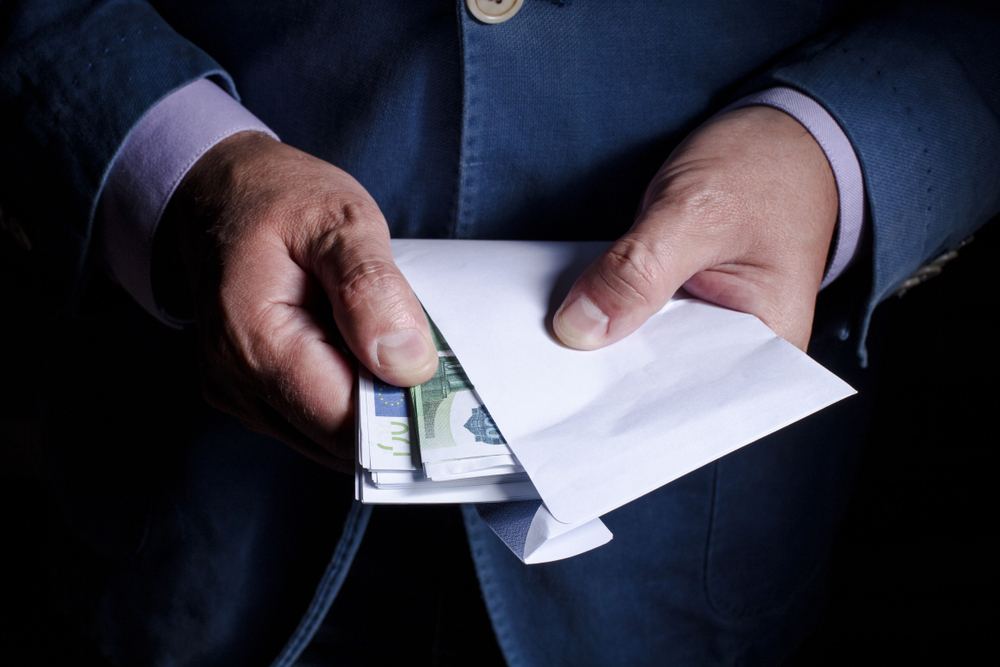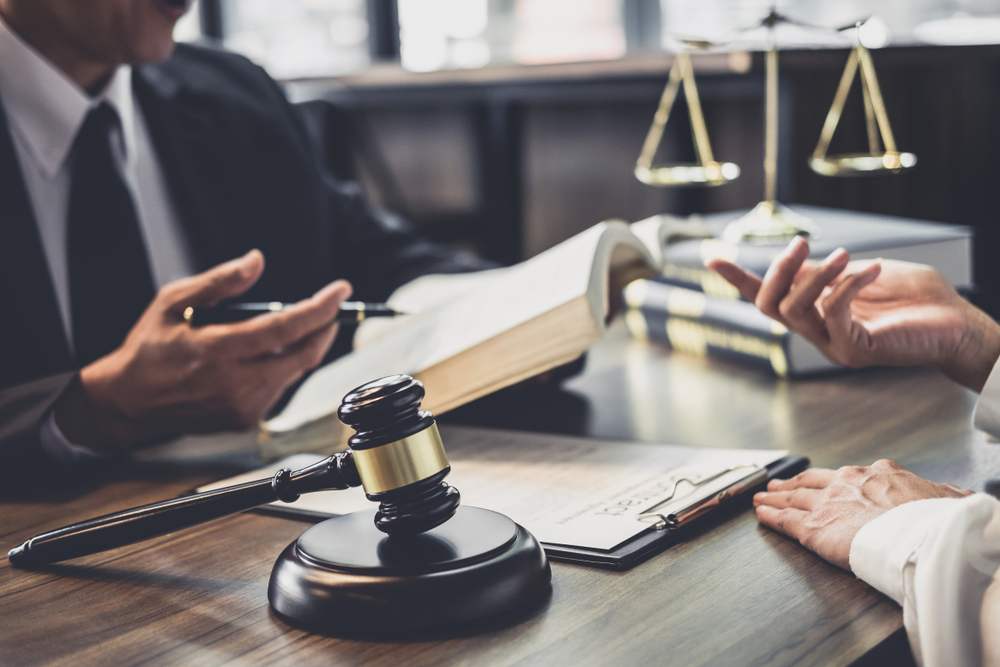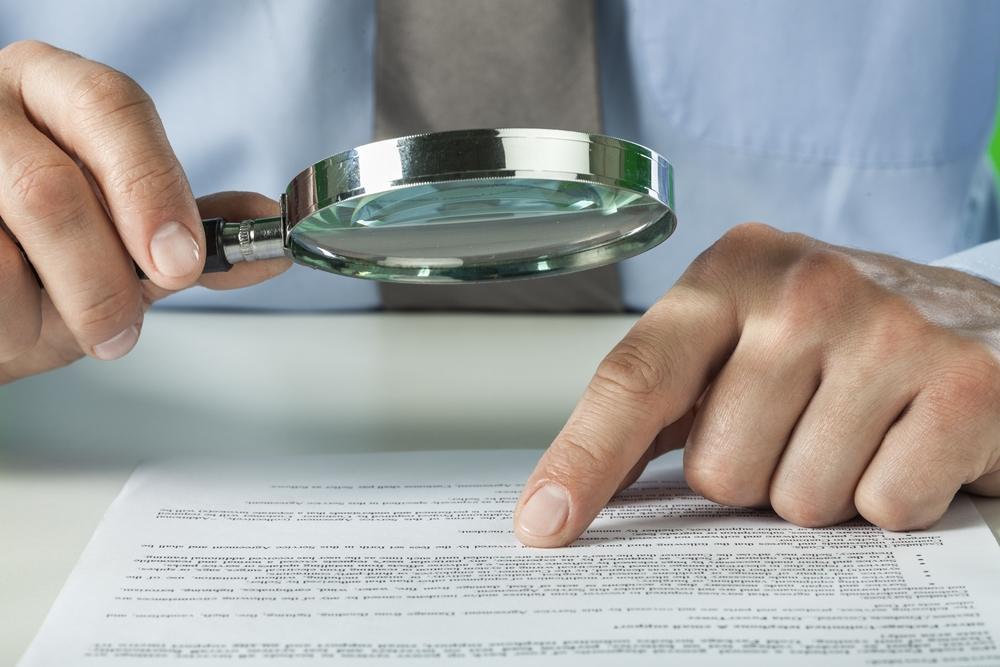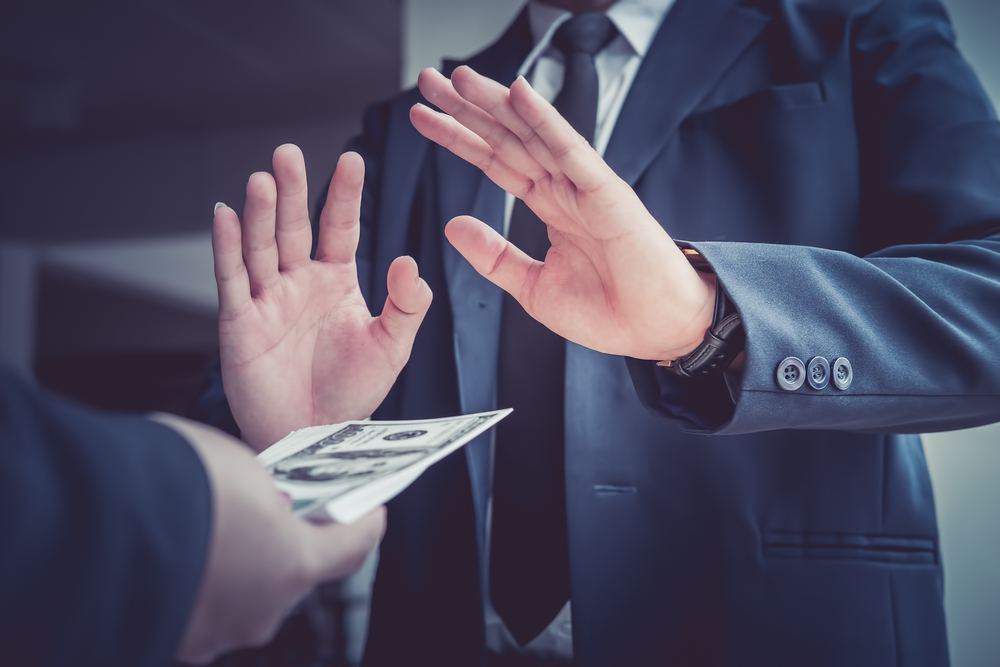Evidence is a critical tool for the defense team. It allows them to build a solid defense plan and to show, beyond doubt, that you are innocent of the crimes you are being charged with. In most cases of money laundering, there is extensive evidence that creates a pattern that highly suggests a crime was committed. There is rarely a single smoking gun, and so the prosecution hinges on the overall burden of evidence being enough to convince a jury that someone is guilty of a crime. That collection of evidence is called “circumstantial evidence”, which means that there is adequate proof to imply guilt of a crime in total versus a single piece of evidence being the lynchpin of the case.
Circumstantial evidence relies on an overwhelming collection of incriminating actions and behaviors, and so any defense will require accounting for and offering a reasonable explanation of those factors. To ensure your defense team has adequate evidence to support your innocence, you should begin by gathering all possible evidence as soon as you can.
The types of evidence that can be used in your defense can also be used in your prosecution. These include but are not limited to the following:
· Testimony from supposed accomplices to the “crime” that led to the assets.
· Testimony from law enforcement officers on what was found, seen, and said by the defendant and others.
· Testimony from expert witnesses, such as forensic accountants and tax officials.
· Any tax files or documents, including audit histories, receipts, etc.
· Written evidence such as documents, correspondences, and journals.
· Digital versions of the above, as well as communication by email and text message.
· Audio recordings of conversations or any transcripts of such.
· Character witnesses may be used to establish your good character and unlikely association with criminal enterprises.
· Personal writings, such as journals, day planners, and calendars.
By providing your money laundering lawyer with as much evidence as possible, they can begin to plan a reasonable defense of your charges. Absolutely anything that can establish your innocence should be included, particularly if they are objective records that can establish a solid alibi for the crimes. It can also help to have others you know to
share any evidence they may have with your team. Knowing what to gather and when is something your experienced money laundering defense team can help you with.
